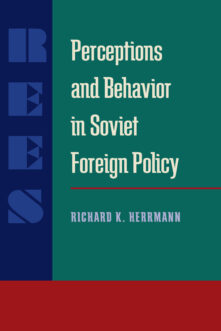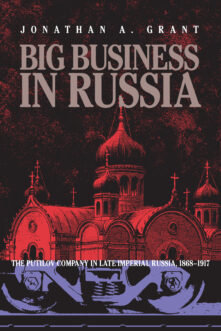Books
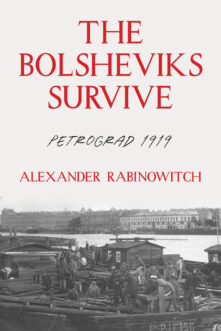
The Bolsheviks Survive
Petrograd 1919
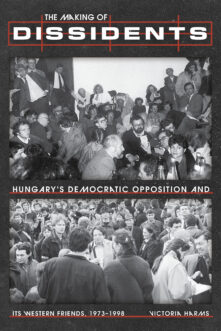
The Making of Dissidents
Hungary’s Democratic Opposition and Its Western Friends, 1973-1998
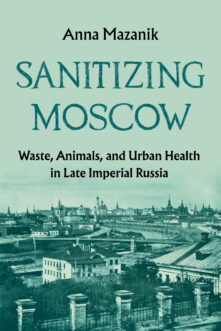
Sanitizing Moscow
Waste, Animals, and Urban Health in Late Imperial Russia
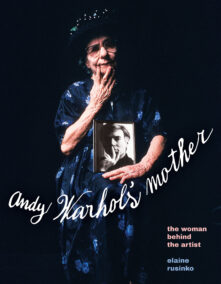
Andy Warhol’s Mother
The Woman Behind the Artist
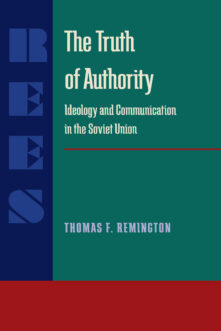
The Truth of Authority
Ideology and Communication in the Soviet Union
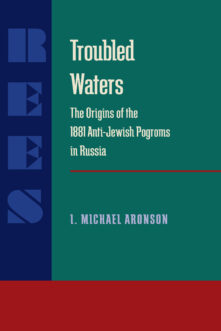
Troubled Waters
Origins of the 1881 Anti-Jewish Pogroms in Russia
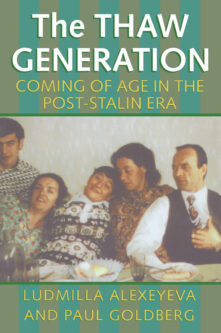
The Thaw Generation
Coming of Age in the Post-Stalin Era
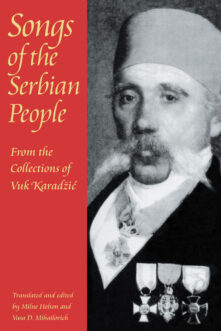
Songs of the Serbian People
From the Collections of Vuk Karadzic
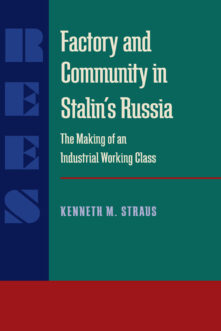
Factory and Community in Stalin’s Russia
The Making of an Industrial Working Class
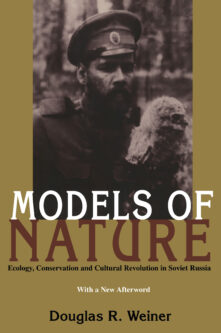
Models Of Nature
Ecology, Conservation, and Cultural Revolution in Soviet Russia
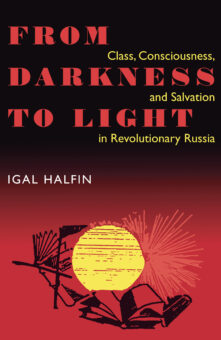
From Darkness To Light
Class, Consciousness, & Salvation In Revolutionary
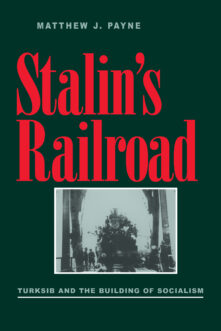
Stalin’s Railroad
Turksib and the Building of Socialism
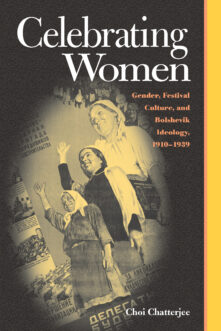
Celebrating Women
Gender Festival Culture & Bolshevik Ideology 1910-1939
Total 73 results found.


